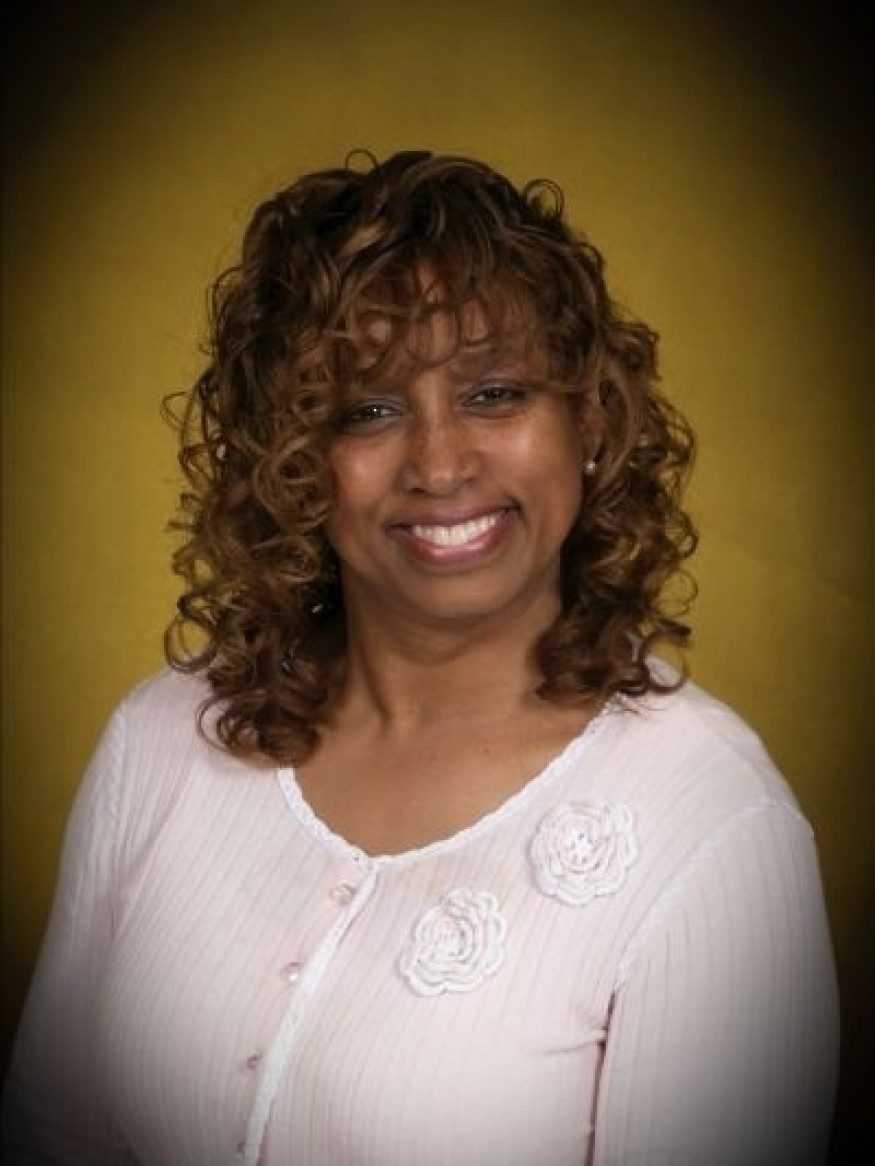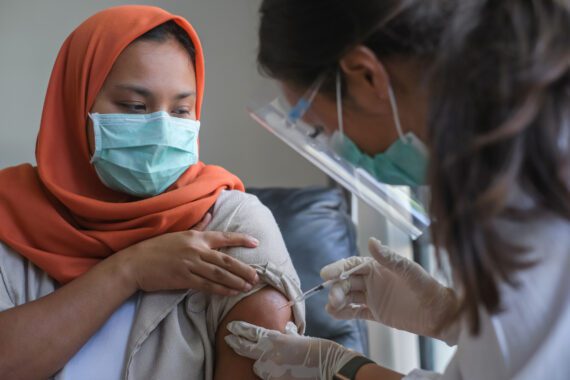By Rev. Dr. Angelique Walker-Smith
The World Conference against Racism, Racial Discrimination, Xenophobia, and Related Intolerance was held in Durban, South Africa, from August 31 to September 7, 2001. The vision of the conference was global engagement in a broad anti-racism agenda for the first time in the post-apartheid era. The conference’s objectives were (1) to produce a declaration that recognized the damage caused by past expressions of racism and that reflected a new global awareness of modern forms of racism and xenophobia, (2) to agree on a strong practical program of action, and (3) to forge an alliance between governments and civil society that would carry the fight against racism forward. This conference produced the Durban Declaration and Programme of Action, which eventually led to the International Decade in Solidarity with People of African Descent, adopted by the United Nations in 2013 for the ten-year span of 2015-2024.
During Black August 2021, we commemorate the 20-year anniversary of that historic global conference and continue the decade of solidarity that arose from it. We also advocate for a permanent Forum on People of African, which was mandated by the UN General Assembly in 2014 but has not yet been established. This season brings another opportunity to embrace the sacred value of freedom—including freedom from racism, hunger, mass incarceration, and over-policing. It is an opportunity to recognize, yet again, the disproportionate prevalence of poor maternal and child health and nutrition in Pan-African communities in the United States and around the world. This moment invites all people to join in solidarity for Black freedoms and for Black liberation from the damaging legacy of racism. And this moment invites all people to remember the ancestors who advocated for freedom and liberation.
This month, we are mindful of the loss of Haitian President Jovenel Moïse, and we remember the enslaved people of African descent in Haiti who resisted their enslavement and led the freedom struggle. The Haitian Revolution, from 1791 to 1804, established the second modern independent nation in the Americas—although the United States would not officially recognize Haitian independence until 1862, just before the Emancipation Proclamation.
Bread for the World is an advocate for black freedom from hunger, past and present. The Decade in Solidarity with People of African Descent helps inform how we engage policies and structures to address racism and related issues, domestically and globally, by recognizing African peoples. Bread for the World invites you to join us in advocating for policies and practices that address Black freedoms. These policies include equitable U.S. agriculture and trade policy, climate change policies, international food aid, foreign assistance, criminal justice reform, maternal and child health legislation, and racial equity for and with Black Farmers.
To learn more about current issues and actions, visit Bread’s “Policy Change” webpage. To fire up your advocacy spirit, visit our virtual Advocacy Summit 2021 webpage.
Angelique Walker-Smith is senior associate for Pan African and Orthodox Church Engagement at Bread for the World.



